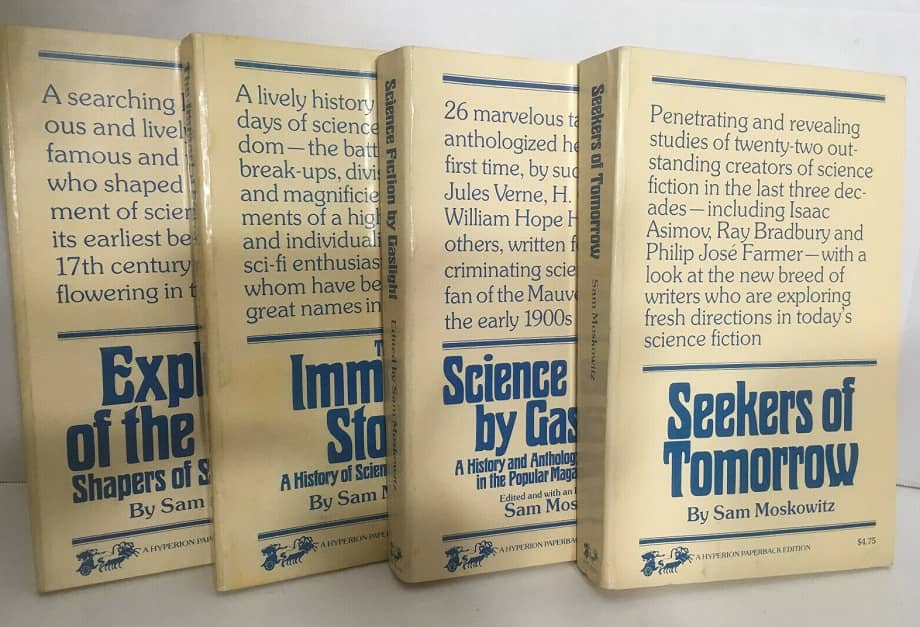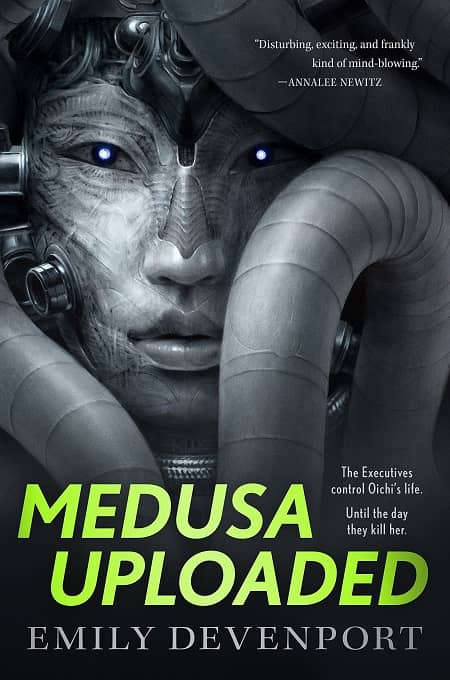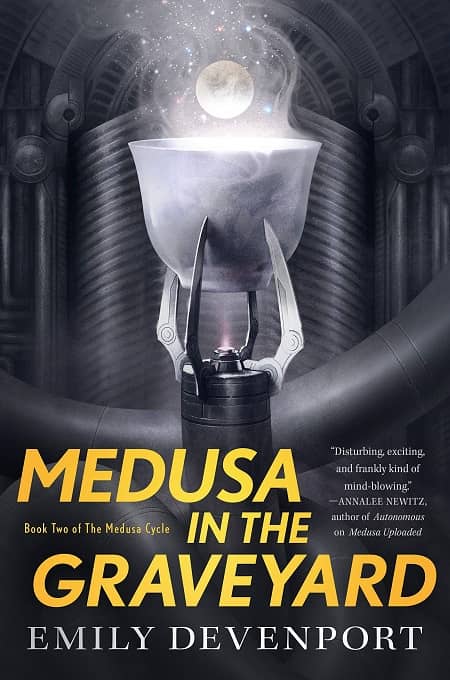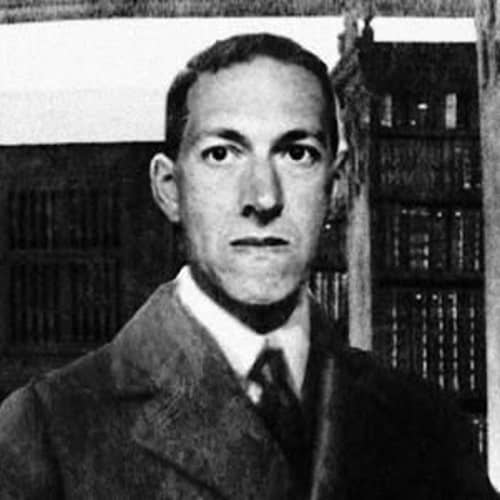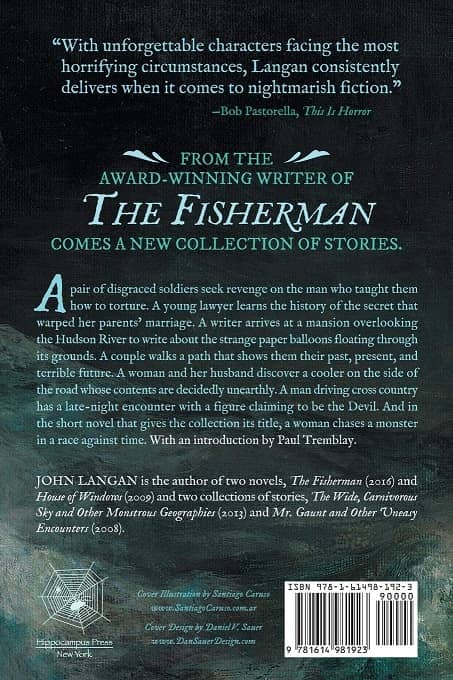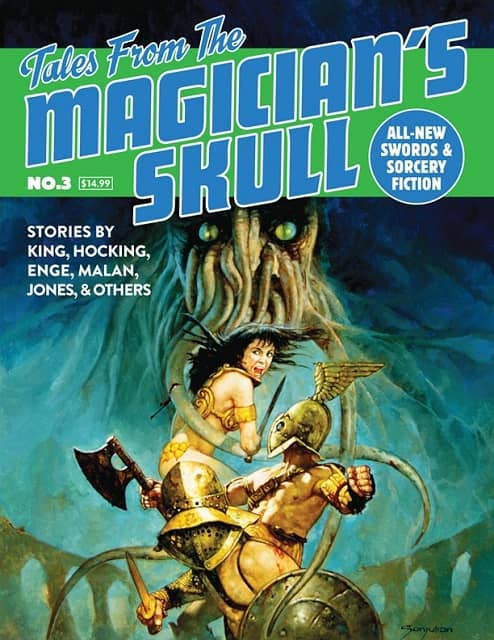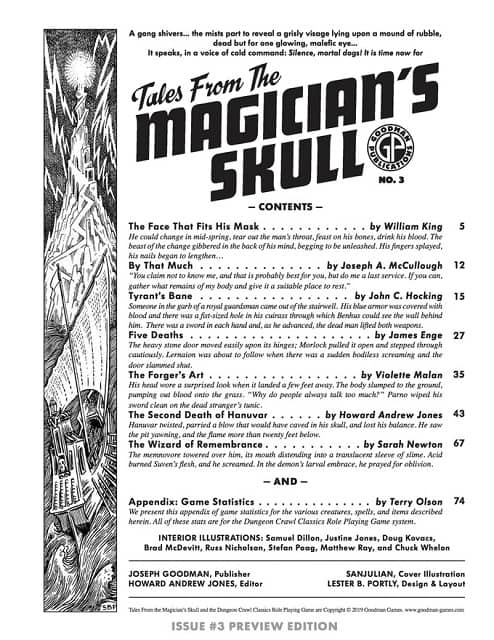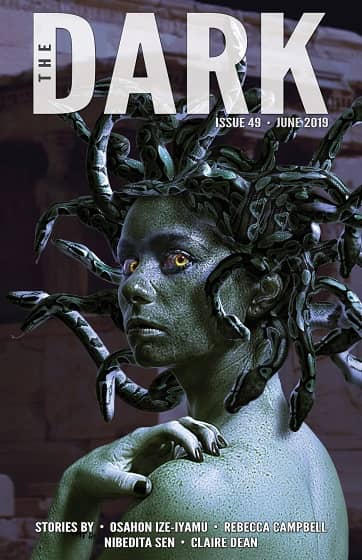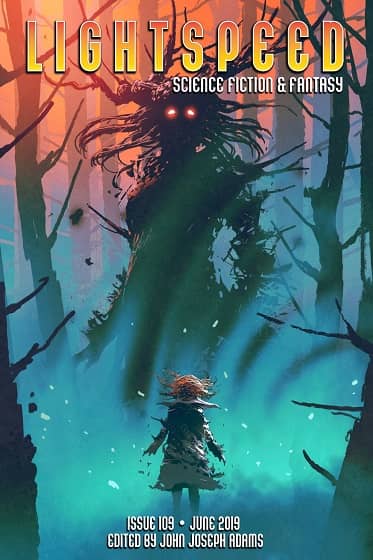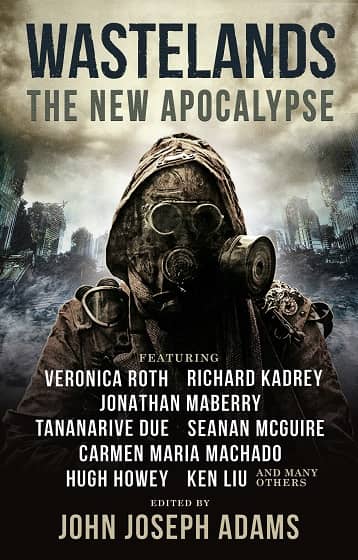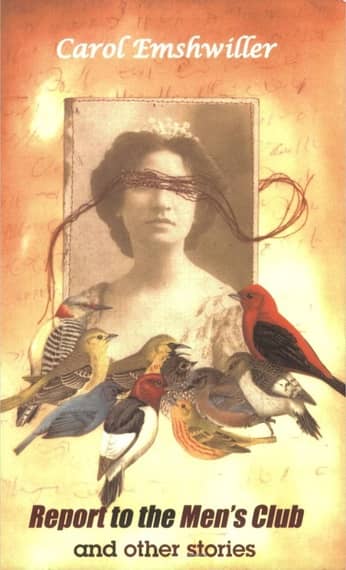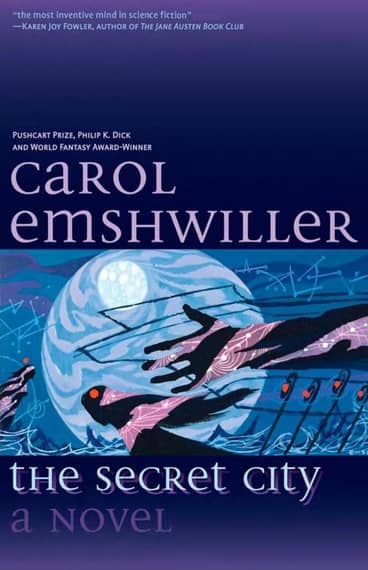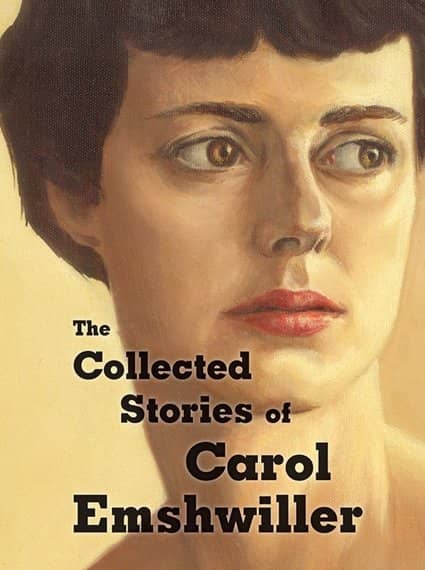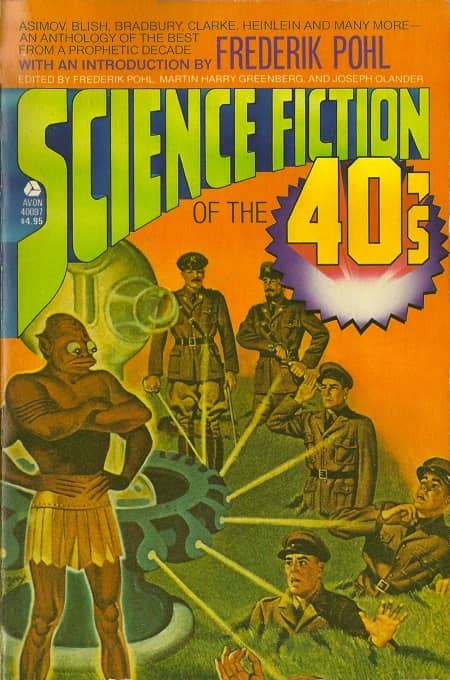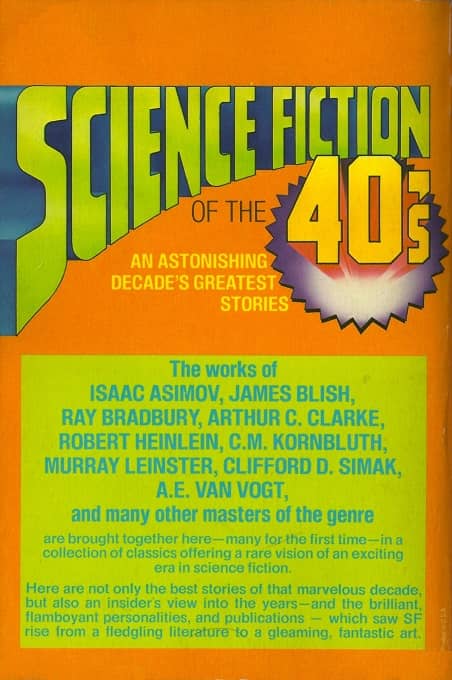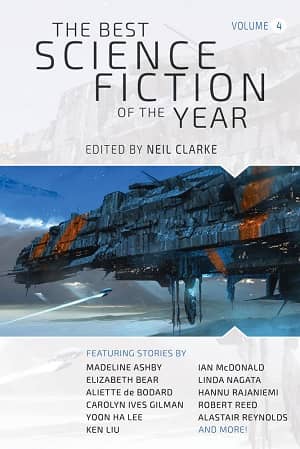Vintage Treasures: The Perfect Lover by Christopher Priest
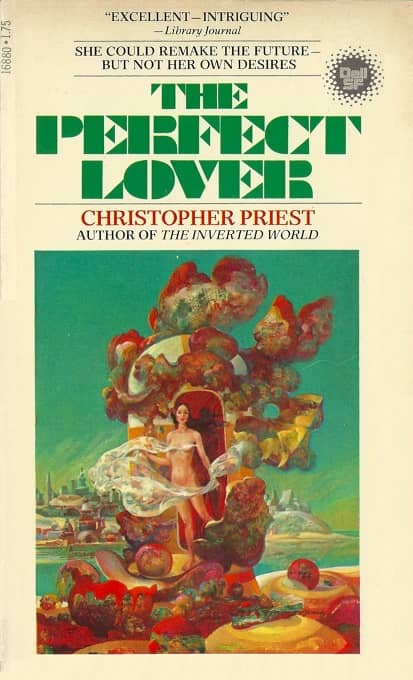 |
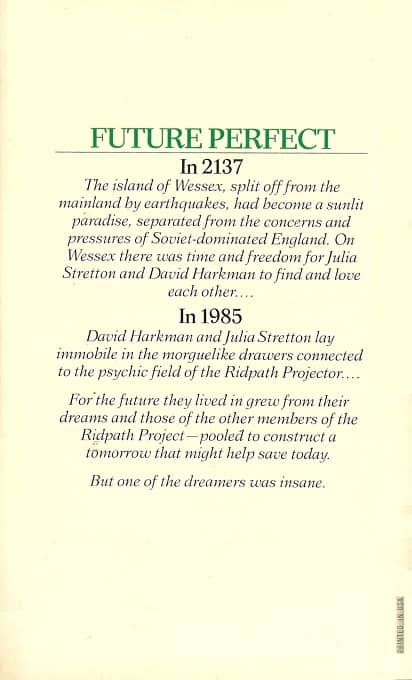 |
Cover by Walter Bachinsky
Christopher Priest is one of the most celebrated modern British science fiction authors. He won a World Fantasy Award for his 1995 novel The Prestige (filmed under the same name in 2006 by Christopher Nolan, with Hugh Jackman and Christian Bale), the British Science Fiction Award award for Best Novel no less than four times (for Inverted World, The Extremes, The Separation, and The Islanders), and he’s been nominated for a Hugo Award for Best Novel, Best Novella, Best Novelette, and Best Non-Fiction Book (that last one for his epic expose on Harlan Ellison’s Last Dangerous Visions, The Book on the Edge of Forever).
But in the mid-70s he was still a young SF writer trying to make a name for himself, building on the Campbell nomination for his second novel Fugue for a Darkening Island (1972) and the BSFA win and Hugo nomination for his third, The Inverted World (1974). His fifth novel, A Dream of Wessex, is the one I want to talk about today. It was a very early take on virtual reality — published a full 30 years before the first Oculus Rift prototype.
A Dream of Wessex is the tale of a group of volunteers who create a utopian consensus VR world where they’re unable to remember their past lives. It appeared in the UK in 1977, and was published in the US by Dell under the name The Perfect Lover. Here’s an excerpt from the Kirkus Review of the novel in December of 1977.
